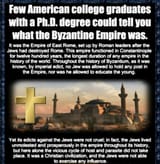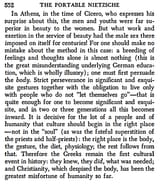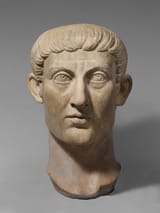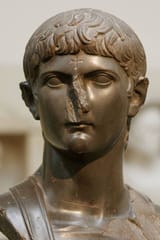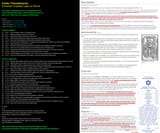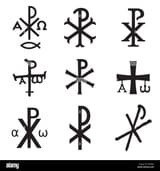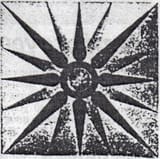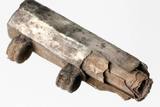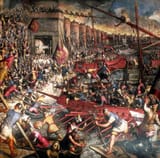>>507123490
>“Jesus Christ” as common cult titles
You're mixing terminology with ideology. Yes, Christos meant "anointed one," and yes, Iēsous resembles older hero-names like Jason (Iason). But in Christian use, they’re redefined. That’s the key: Christianity didn’t just absorb titles, it repurposed them. “Christ” wasn’t a wandering mystic or a pharmakos magician. He was the Messiah, the fulfillment of Jewish prophecy, and the Word made flesh.
>Healing = drug magic
You're assuming ancient people couldn't distinguish miracle from medicine. But Roman authors (Tacitus, Suetonius, Pliny) describe miracle claims with skepticism and distinguish between religious acts and folk healing. Jesus' healings are often immediate, personal, and without any administered substance. No potions, no powders, no hallucinogenic smoke. He touches, speaks, forgives, commands, and it's done.
Compare that to the Bes-vase you linked: that’s a prepared ritual container filled with biological and botanical residue for ingestion or anointing. That's nothing like the Gospels, where Jesus spits in dirt once or heals at a distance by word alone. The methodology isn't just different, it's outright alien.
>Moses and the snake on a stick
You’re referring to the bronze serpent in Numbers 21, which God explicitly commands. It’s not sorcery, it’s obedience, and its power came not from ritual tech but from divine fiat. Later, it was destroyed by King Hezekiah when people started idolizing it (2 Kings 18:4). That’s literally the opposite of a magical relic tradition.
>Crucifixion and pirates
Calling Jesus and the two men beside him “international pirate mafia drug sorcerers” is creative, but no Roman source makes that claim. Crucifixion was for rebels, insurrectionists, and enemies of state power, not “drug cultists.” The Gospels are clear: Jesus is executed under the charge of claiming kingship, not trafficking. If this was a “sorcery bust,” Rome forgot to mention it.
cont.
 6/12/2025, 5:30:25 PM
No.507104547
>>507105124
>>507105360
>>507105484
>>507105548
>>507105628
>>507106048
>>507107581
>>507108317
>>507108475
>>507108735
>>507109006
>>507110743
>>507110798
>>507110806
>>507111008
>>507112023
>>507112797
>>507112939
>>507113110
>>507114221
>>507114277
>>507114300
>>507115830
>>507120720
>>507122248
>>507123276
>>507125702
>>507126848
>>507133033
>>507134740
>>507135313
>>507136380
>>507136724
6/12/2025, 5:30:25 PM
No.507104547
>>507105124
>>507105360
>>507105484
>>507105548
>>507105628
>>507106048
>>507107581
>>507108317
>>507108475
>>507108735
>>507109006
>>507110743
>>507110798
>>507110806
>>507111008
>>507112023
>>507112797
>>507112939
>>507113110
>>507114221
>>507114277
>>507114300
>>507115830
>>507120720
>>507122248
>>507123276
>>507125702
>>507126848
>>507133033
>>507134740
>>507135313
>>507136380
>>507136724

